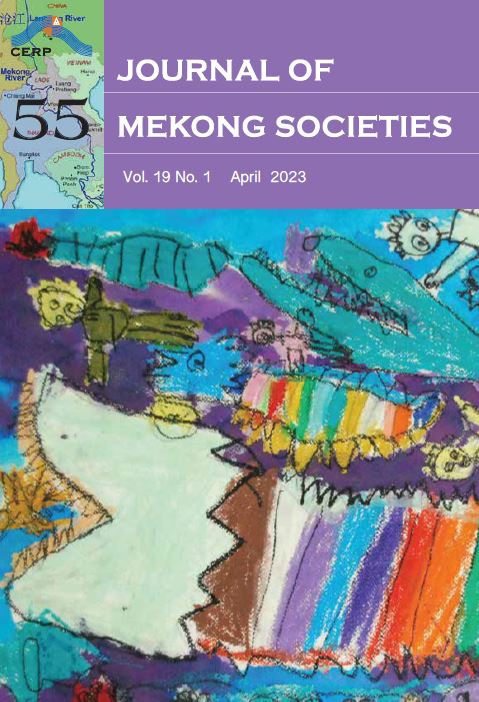Algorithmic Trading and Retail Traders’ Struggles on the Forex Trading Platform
Main Article Content
Abstract
This article is the first research work on the sociology of finance in Thailand. It focuses on the life of retail traders in the foreign exchange market (Forex), especially the issue of unequal power interactions between a financial institution’s algorithm, and a retail trader. The former is a machine trader with advantages in both amount of capital and trading innovation, and the latter is a human trader who has limited capital, lacks advanced trading technology, and is the lowest player in the Forex market. For this reason, this article is important as it helps to open and expand the knowledge frontiers in the sociology of finance in Thailand. The objective of this article was to study financial capital algorithms on the Forex trading platform that have a negative effect on retail traders’ lives. I collected data from relevant documents and online media using the qualitative research method. This method included the use of ethnographic research by participatory observation and interviews with retail traders in Chiang Mai who opened Forex trading accounts with “FX” (pseudonym) brokers, which are Forex brokers that I use as my research unit. I also used Matteo Pasquinelli’s concept of “augmented intelligence” (AI) to analyze data to explain how algorithms work on trading platforms because algorithms have the same mechanics as AI, a machine that thinks like a human brain. The research found that algorithmic trading is the primary tool that financial capital uses to capture retail traders’ lives in order to accumulate wealth from their losses. Therefore, retail traders’ trading data are constantly detected and analyzed by algorithms on the Forex trading platform.
Article Details

This work is licensed under a Creative Commons Attribution-NonCommercial-NoDerivatives 4.0 International License.


